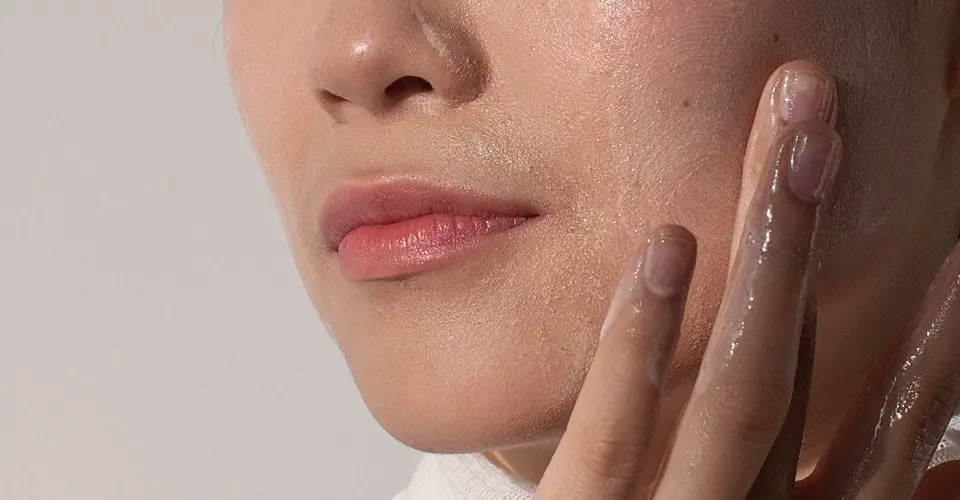Why is Plaque Psoriasis Deadly and What You Should Know?
Plaque psoriasis is a chronic skin condition that can significantly affect the quality of life of those who suffer from it. As a beautician, understanding the implications of this condition is crucial when working with clients who may be affected. In this article, we will explore why plaque psoriasis is deadly, how it manifests, its potential complications, and what beauticians should know to provide the best care for clients.
Plaque psoriasis is the most common type of psoriasis, characterized by raised, inflamed, red patches covered with silvery white scales. It is essential to dive deep into this debilitating condition because it is more than just a skin issue; it is a systemic disease that can have serious impacts on overall health. Many individuals neglect to realize that the consequences of plaque psoriasis can be grave.

Understanding Plaque Psoriasis
Plaque psoriasis occurs when the immune system attacks healthy skin cells, causing them to multiply rapidly. This results in the formation of plaques that can be itchy and painful. While the direct implications on the skin are significant, there is a core question: why is plaque psoriasis deadly? Through inflammation and continuous skin regeneration, plaque psoriasis increases the risk of developing other severe health conditions.
Health Risks Associated with Plaque Psoriasis
Individuals suffering from plaque psoriasis are at a heightened risk of various comorbidities. As a beautician, it is essential to be aware of these risks, as they may educate clients on the importance of managing their condition. Some of the health risks include:
- Cardiovascular Disease: There is a significant link between plaque psoriasis and an increased risk of heart disease. Studies indicate that chronic inflammation associated with psoriasis may lead to cardiovascular complications.
- Psoriatic Arthritis: Approximately 30% of individuals with plaque psoriasis develop psoriatic arthritis, which can lead to joint damage and chronic pain.
- Metabolic Syndrome: People with psoriasis are more susceptible to metabolic syndrome, which includes obesity, high blood pressure, and high blood sugar. These can lead to diabetes and heart issues.
- Depression and Anxiety: The visible symptoms of psoriasis can affect mental health significantly. Many individuals struggle with self-esteem, leading to psychological issues.
Signs and Symptoms of Plaque Psoriasis
A beautician must recognize the signs of plaque psoriasis. Common symptoms include:
- Raised, red patches of skin covered with thick, silvery scales.
- Dry, cracked skin that may bleed.
- Itching and soreness.
- Thickened or ridged nails.
For accurate diagnosis and treatment, it is essential that clients seek professional medical advice. More information can be found on the Mayo Clinic website where there's a comprehensive overview of psoriasis.
Management and Treatment Options
Understanding that plaque psoriasis is not just a cosmetic disorder is vital. Treatment options vary depending on the severity of the condition. As a beautician, keeping abreast of treatments will allow you to guide clients effectively:
- Topical Treatments: These include corticosteroids, vitamin D analogs, and retinoids that can help reduce inflammation and slow the growth of skin cells.
- Phototherapy: Exposure to ultraviolet light under medical supervision can help control the symptoms.
- Systemic Medications: For severe cases, biologics and oral medications may be prescribed to manage the immune response.
For resources on how to manage psoriasis, you can refer to our articles on getting rid of psoriasis or triggers of psoriasis.
Impact on Beauty Regimens
Many clients may approach you with concerns about incorporating beauty products into their routines. Thus, understanding their skin condition becomes pivotal:
- Always recommend gentle, fragrance-free products to avoid irritation.
- Moisturizers play a critical role in skincare regimens by preventing dry skin.
- Makeup can sometimes exacerbate the condition; thus, using hypoallergenic and non-comedogenic products is essential.
When to Seek Medical Help
As a beauty professional, you may notice that clients with psoriasis are not responding to regular treatments. It is vital to encourage clients to seek medical advice if:
- Their plaques become more extensive or painful.
- Signs of infection appear.
- They experience joint pain or swelling.
For help with associated conditions, the relationship to psoriatic arthritis is an informative resource.
Conclusion
Plaque psoriasis is a multi-faceted condition that, while primarily a skin disorder, has potentially deadly implications through associated health risks. As a beautician, being informed about plaque psoriasis is essential, as it allows you to empathize with and properly advise clients who suffer from this challenging disease. Aside from addressing skincare concerns, encouraging clients to seek professional medical advice will aid them enormously in handling the complexities of their condition.

FAQs
- Is plaque psoriasis contagious? No, psoriasis is not contagious and cannot be spread from person to person.
- Can lifestyle changes help manage plaque psoriasis? Yes, managing stress, maintaining a healthy diet, and staying hydrated can improve symptoms.
- Do beauty products aggravate plaque psoriasis? Some products may irritate; hence it is essential to choose gentle, hypoallergenic options.

